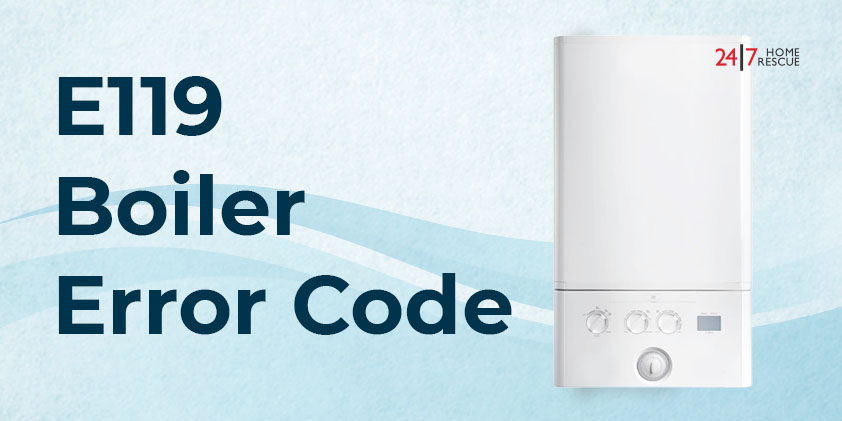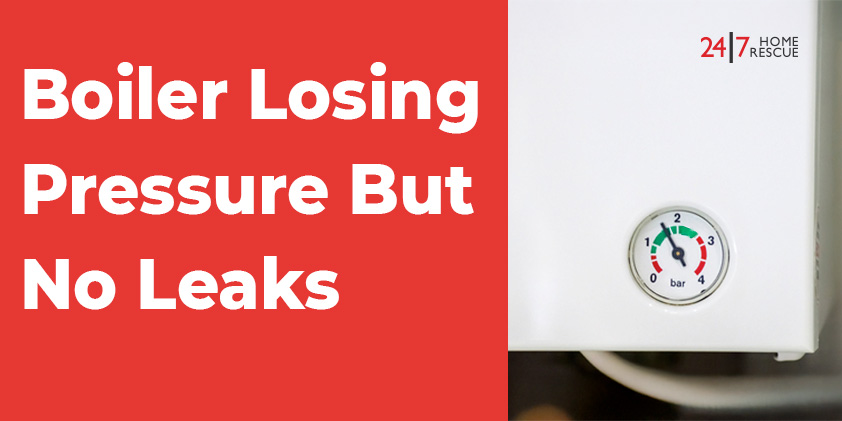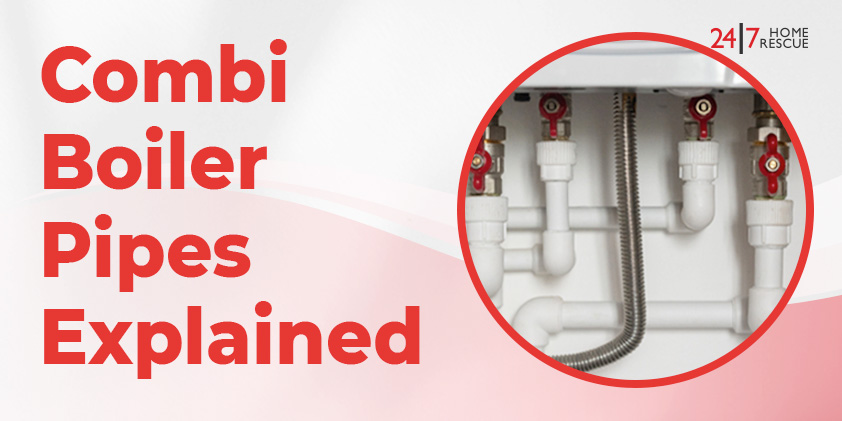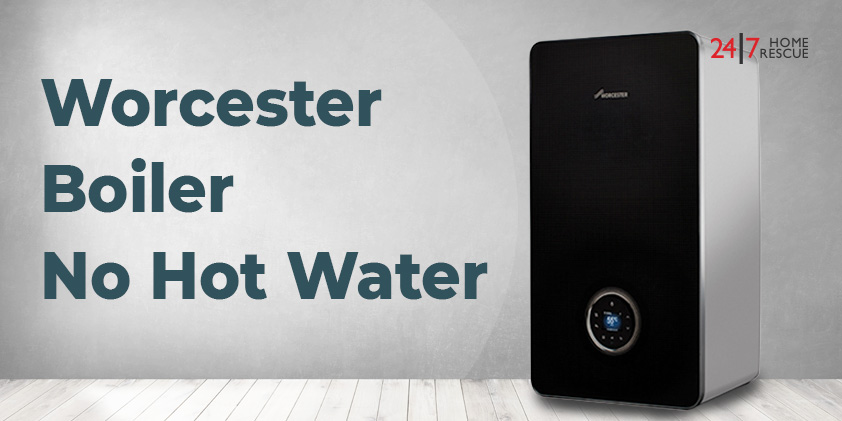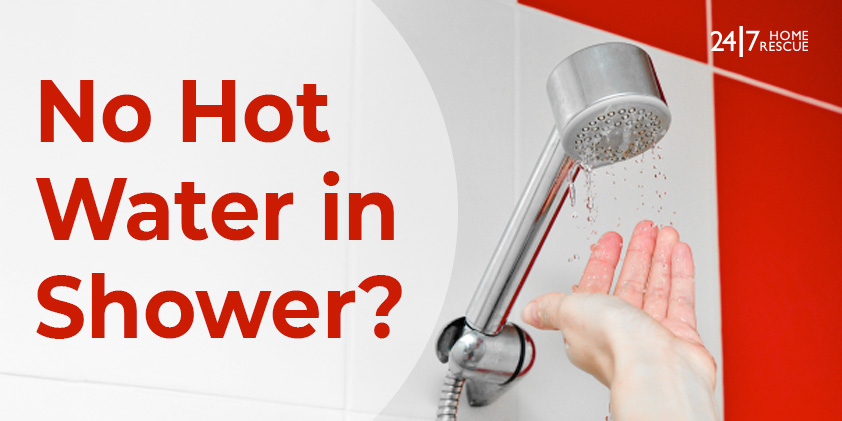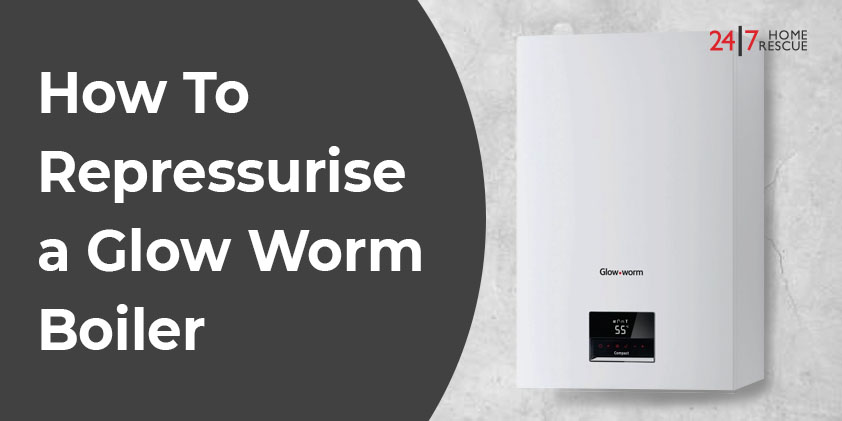
Boiler Summer Mode – Should I Turn My Boiler Off in Summer?
When summer finally arrives in the UK, many homeowners consider shutting down their boilers entirely to save money. After all, why pay for heating you don’t use? But while it’s tempting to turn off your boiler completely, doing so could set you up for expensive problems when the cold returns.
Instead, using summer boiler settings, i.e., Boiler Summer Mode, is a more efficient approach. In this guide, we’ll explain what summer mode is, the potential dangers of completely switching off your boiler, and why summer is the ideal season to book your boiler service.
Related Article: Benefits of an Annual Boiler Service
What is Boiler Summer Mode?
Most modern boilers, particularly combi boilers such as various models from Vaillant, are equipped with a summer mode feature. This enables you to adjust the combi boiler’s summer settings so that the central heating system is turned off while still allowing the boiler to heat water on demand.
How does it work?
During the winter months, your boiler actively monitors the temperature in your home through a thermostat. When the temperature drops below a certain threshold, the boiler activates, heating the water that circulates through your radiators to maintain a comfortable indoor climate.
In contrast, when the boiler is set to summer mode, it turns off the heating circuit, effectively preventing any heat from being distributed to the radiators. However, the boiler remains operational to ensure that it can still supply hot water for your taps and showers whenever you need it.
This boiler’s summer mode functionality is particularly beneficial for maintaining the internal components of the boiler. By keeping the system active in a limited capacity, essential parts such as the pumps and diverter valves continue to operate intermittently.
This regular, minimal operation helps prevent these components from seizing up due to inactivity, ultimately prolonging the overall lifespan of your boiler and ensuring efficient performance when winter returns.
Why You Shouldn’t Turn Your Boiler Off Completely
Turning your boiler off at the mains might seem like a money-saver, but it comes with risks:
Moving Parts Can Seize
Inside your boiler are pumps and valves that rely on occasional use. Leave them idle for months, and they may stick or seize, resulting in costly repairs.
Sludge & Debris Build-Up
Without water circulating, debris can settle and harden in your pipes and radiators, potentially causing blockages.
You Might Miss Hot Water
Some homes rely on the boiler for hot water all year. Turning it off could mean cold showers!
Professional Suggestion
If you plan to turn your boiler off entirely (such as for an extended holiday), be sure to power it up every few weeks for 10-15 minutes to keep the internal components moving.
How to adjust your boiler for summer
Rather than shutting your boiler off entirely, a more innovative approach is to tweak your settings so your boiler operates in a summer-friendly mode. This way, your system conserves energy by turning off the central heating but still provides hot water whenever you need it, and crucially, keeps internal components moving to prevent them from seizing up.
Turn off the heating function
Most modern boilers, especially combi models, have a simple dial or button that allows you to turn the heating side of your system off while keeping the hot water active. On many Vaillant boilers, this may involve rotating the heating temperature dial to its lowest setting or selecting a dedicated “summer mode” icon on the display. This feature, often referred to as the Vaillant boiler summer mode, allows you to easily switch off the central heating while still enjoying instant hot water, helping you save energy during the warmer months.
Keep the hot water on
Even with the heating disabled, make sure your boiler remains on for domestic hot water. This ensures that showers, taps, and appliances continue to receive hot water instantly. Additionally, it means the internal pump and diverter valve still operate from time to time, which helps prevent sticking.
Lower the hot water temperature if desired
During summer, you might not need water quite as hot. Many systems let you reduce the hot water target temperature slightly, saving on gas without compromising comfort.
Older or simpler boilers
If your boiler doesn’t have a digital interface or transparent summer icon, refer to your manufacturer’s manual. Often, it’s simply a matter of adjusting your radiator thermostat to zero or switching a physical selector to “hot water only.” If you’re uncertain, it’s wise to ask your heating engineer to demonstrate it during your next boiler maintenance visit.
By setting your boiler this way, you can protect it from long idle periods, help prevent internal problems, and keep your system primed and ready for when the temperatures drop again.
Why Summer is the Optimal Season for Your Boiler Service
Many homeowners tend to overlook their heating systems until the first chill of frost hits the air. This common oversight often results in heating engineers being swamped with service requests during the fall and winter months. By proactively scheduling your boiler service during the summer, you can enjoy numerous benefits:
1. Flexible Appointments and Reduced Wait Times
During the summer, heating engineers typically experience a lull in service requests. This means that you will have a greater selection of available time slots to choose from, allowing you to arrange an appointment that fits seamlessly into your schedule without the hassle of long wait times.
2. Early Detection of Potential Issues
By having your boiler serviced in the warmer months, even minor issues can be identified and addressed before they escalate into major problems. Technicians can perform thorough inspections, tuning, and diagnostics to identify any issues that may hinder the efficiency of your heating system when it’s time to turn it back on.
3. Sustained Efficiency and Performance
A well-maintained boiler is not only safer but also runs more efficiently. A summer service typically includes a comprehensive cleaning of components and checks for wear and tear, which helps your boiler to operate smoothly. This optimised performance can lead to reduced energy consumption, lowering your utility bills when the heating season arrives.
4. Peace of Mind
Scheduling your boiler maintenance during the summer helps you avoid the stress of emergency repairs in the dead of winter when demand for services peaks. Knowing that your heating system is in good condition means you can enjoy the colder months without concern about unexpected failures.
Summer’s Boiler Care Tips
To keep your boiler in optimal condition throughout the summer months, consider these practical maintenance tips:
Run Your Heating Once a Month
Even during the warm summer days, it’s a good idea to run your heating system for a short period each month. This helps to circulate water through the system, preventing the components, particularly the pumps, from becoming stuck due to inactivity.
Check Your Pressure Gauge Regularly
Monitoring the pressure gauge on your boiler is crucial. If you notice any pressure drops, it could signify a leak or another developing issue that needs attention before the heating season begins.
Bleed Your Radiators
Air can become trapped in your radiators during the summer months, causing cold spots when you turn on the heating later. Bleeding your radiators now ensures that they will heat evenly and efficiently when you need them.
Book Your Summer Boiler Service Today
Avoid the panic of a broken boiler on the first freezing night. Book your boiler service this summer and relax knowing your system is ready when you need it.

Boiler Service
Ensure your boiler runs efficiently and safely with our professional boiler servicing. Regular maintenance will save you money in the long run and potentially prevent breakdowns.
Conclusion
By understanding how Boiler Summer Mode works and why it’s far safer than turning your boiler off entirely, you can protect your system from avoidable damage and costly repairs. Making simple adjustments now, like switching off the heating circuit, keeping hot water active, and booking a proactive summer service, not only extends the life of your boiler but also ensures you won’t be left in the cold when winter arrives. With a bit of smart summer care, you’ll enjoy greater efficiency, lower energy bills, and complete peace of mind knowing your boiler is in top shape for the months ahead. If you are looking for an annual boiler service, book your appointment today or contact us on 0345 3192 247 for queries.
FAQ'S
Should I turn my boiler off in summer?
It’s generally not advisable to completely turn off your boiler during the summer months. Instead, it’s better to switch your boiler to summer mode. This setting ensures that the heating system remains inactive while keeping the hot water supply and internal components operational.
If you were to power down your boiler completely, it could lead to various issues, such as the potential for parts to seize up due to inactivity and a buildup of sludge in the system, which can cause further complications in the future.
How often should I run my boiler in summer?
If your heating system is completely turned off for the summer, it’s essential to run your boiler at least once a month. Operating it for about 15 minutes during these checks helps maintain the system’s health and efficiency.
This practice ensures that lubricants circulate properly and helps prevent the components from seizing due to inactivity, while also mitigating the risk of sludge buildup. Keeping your boiler in regular use, even if only minimally, can extend its lifespan and improve its reliability.
